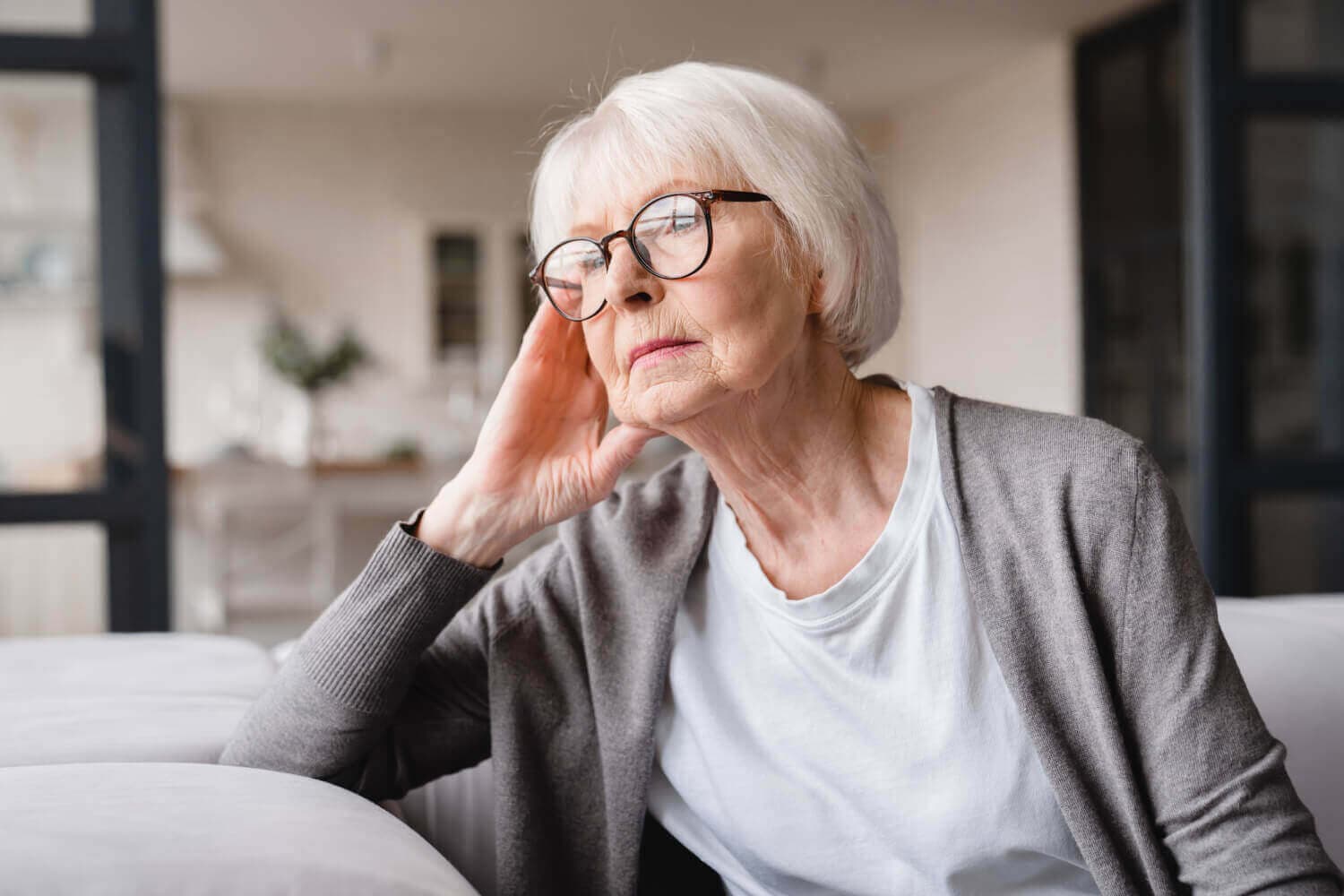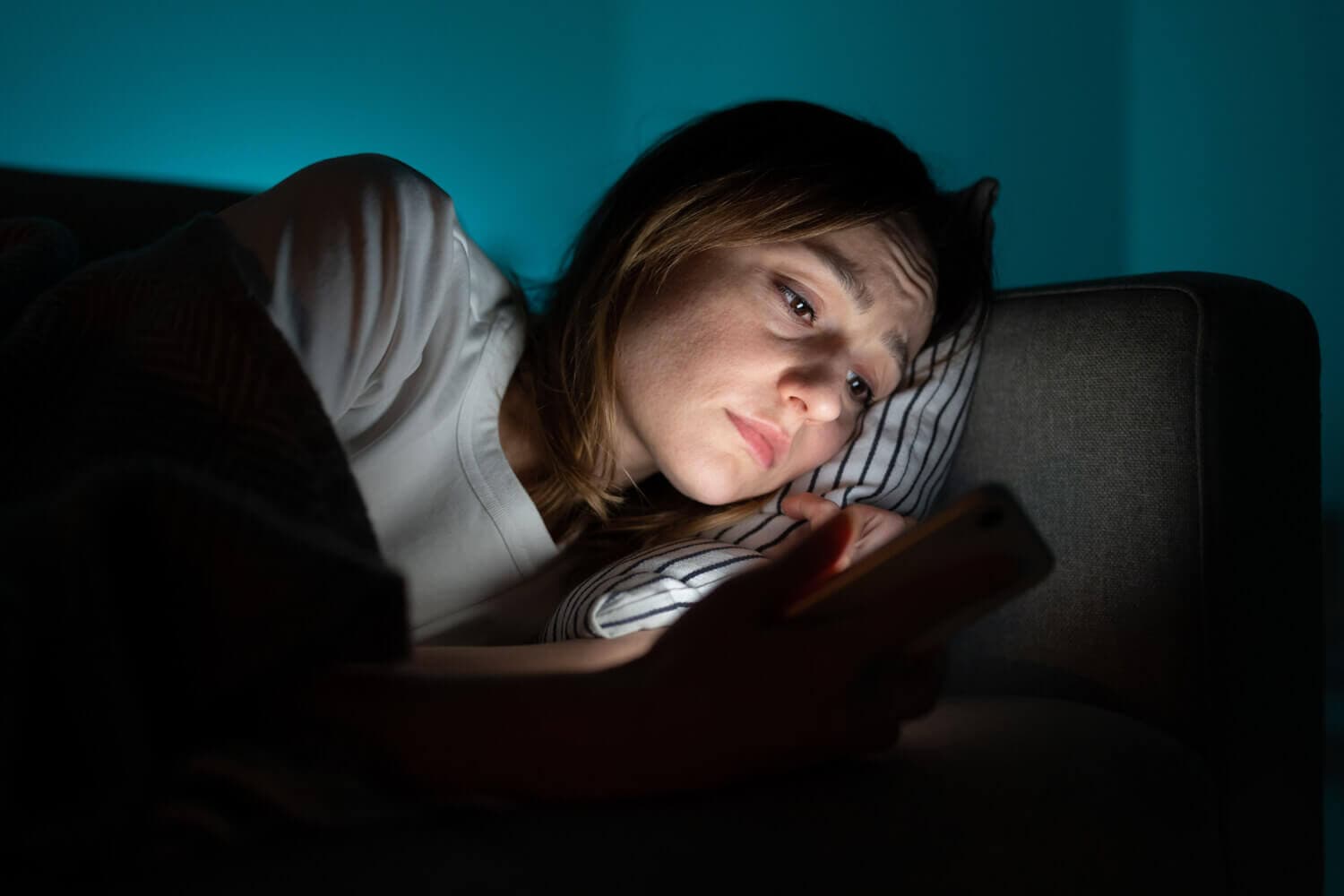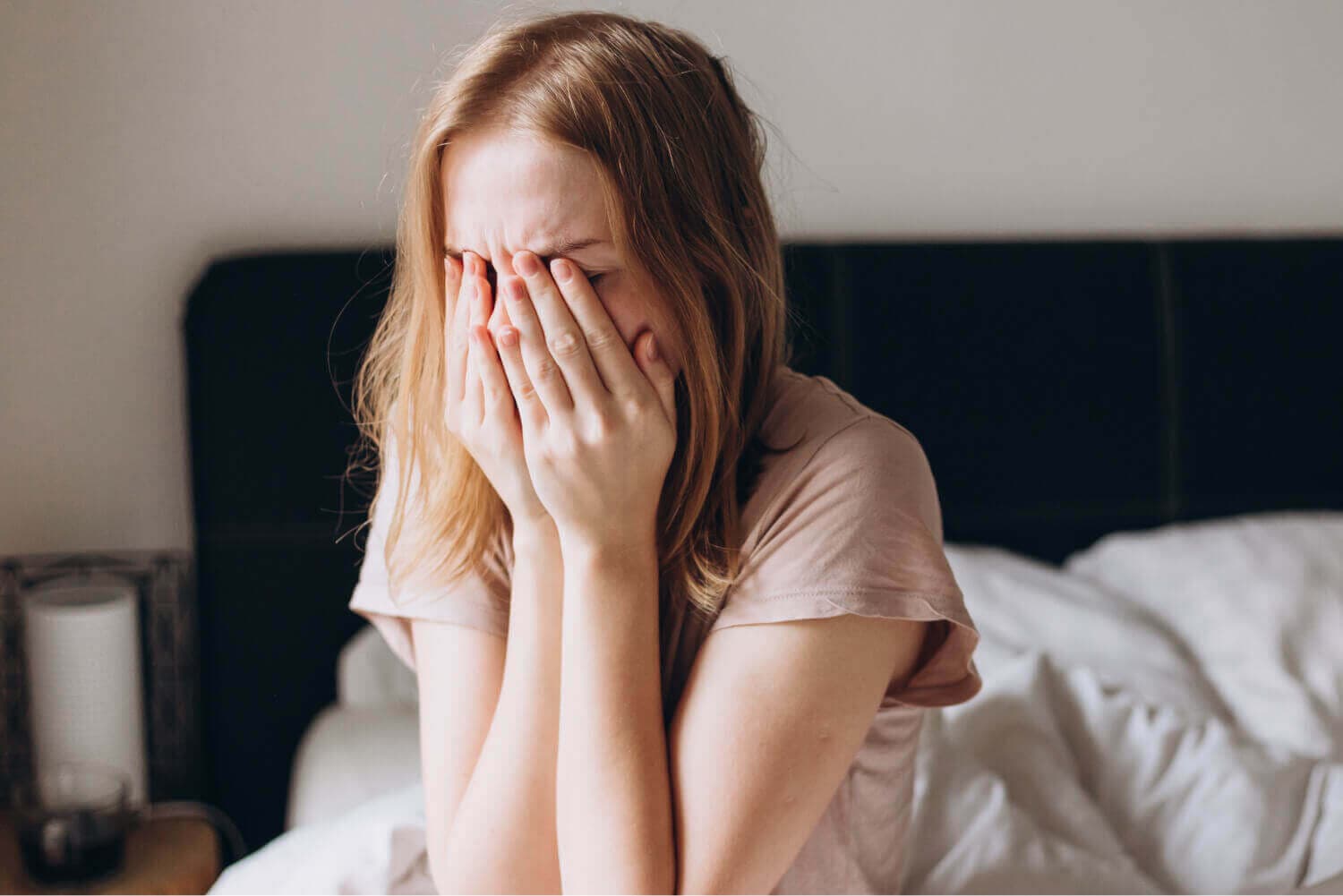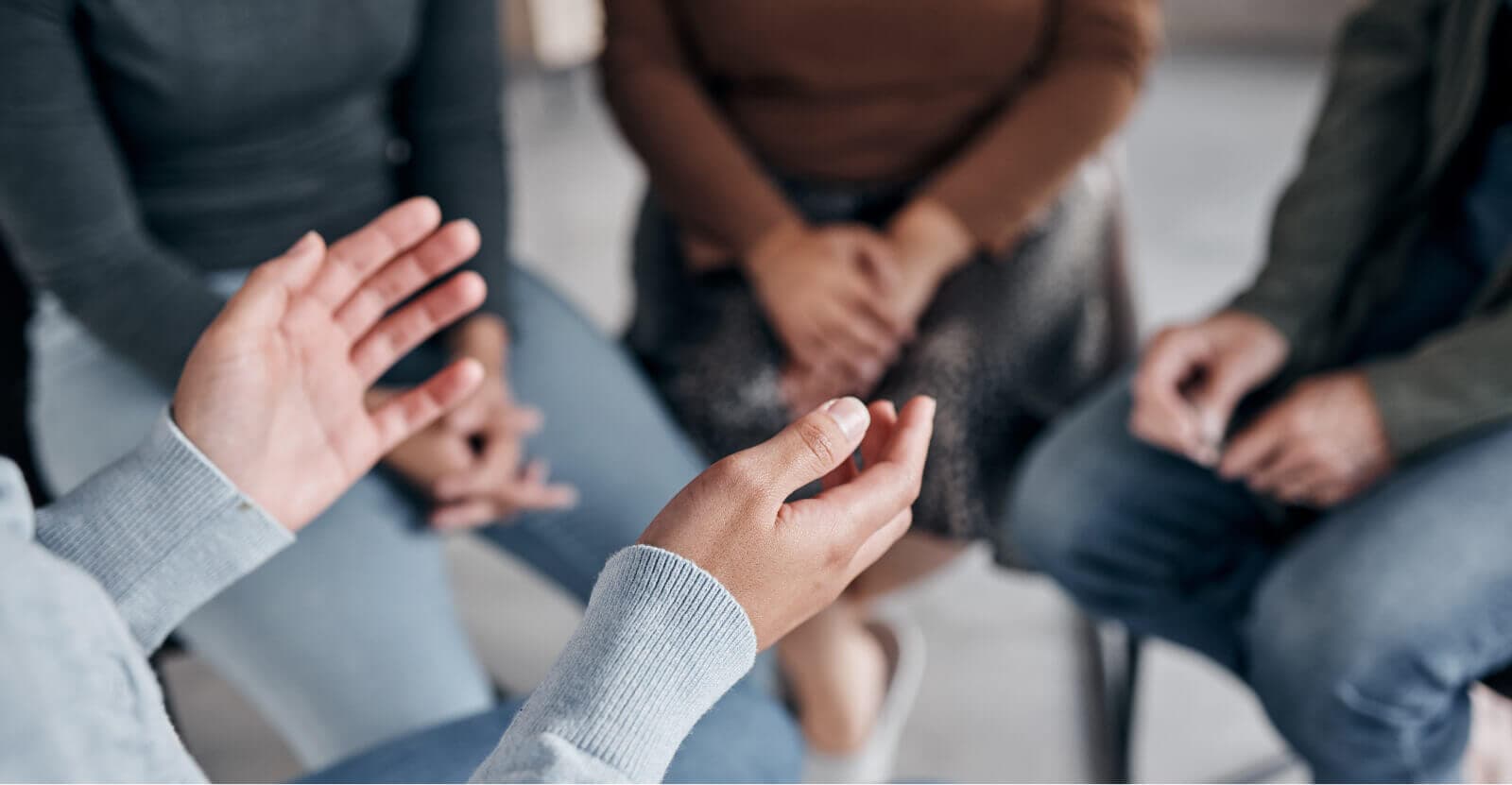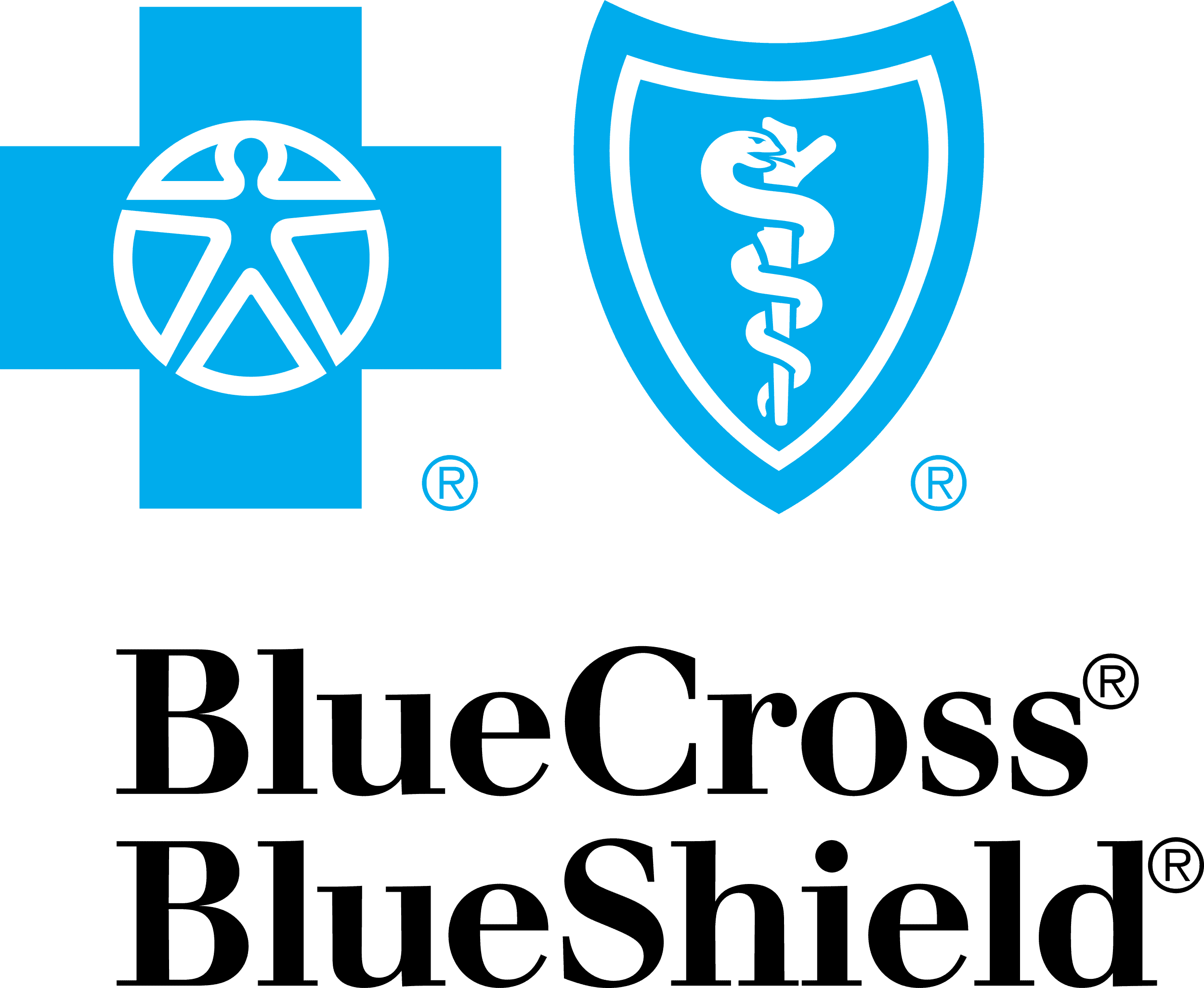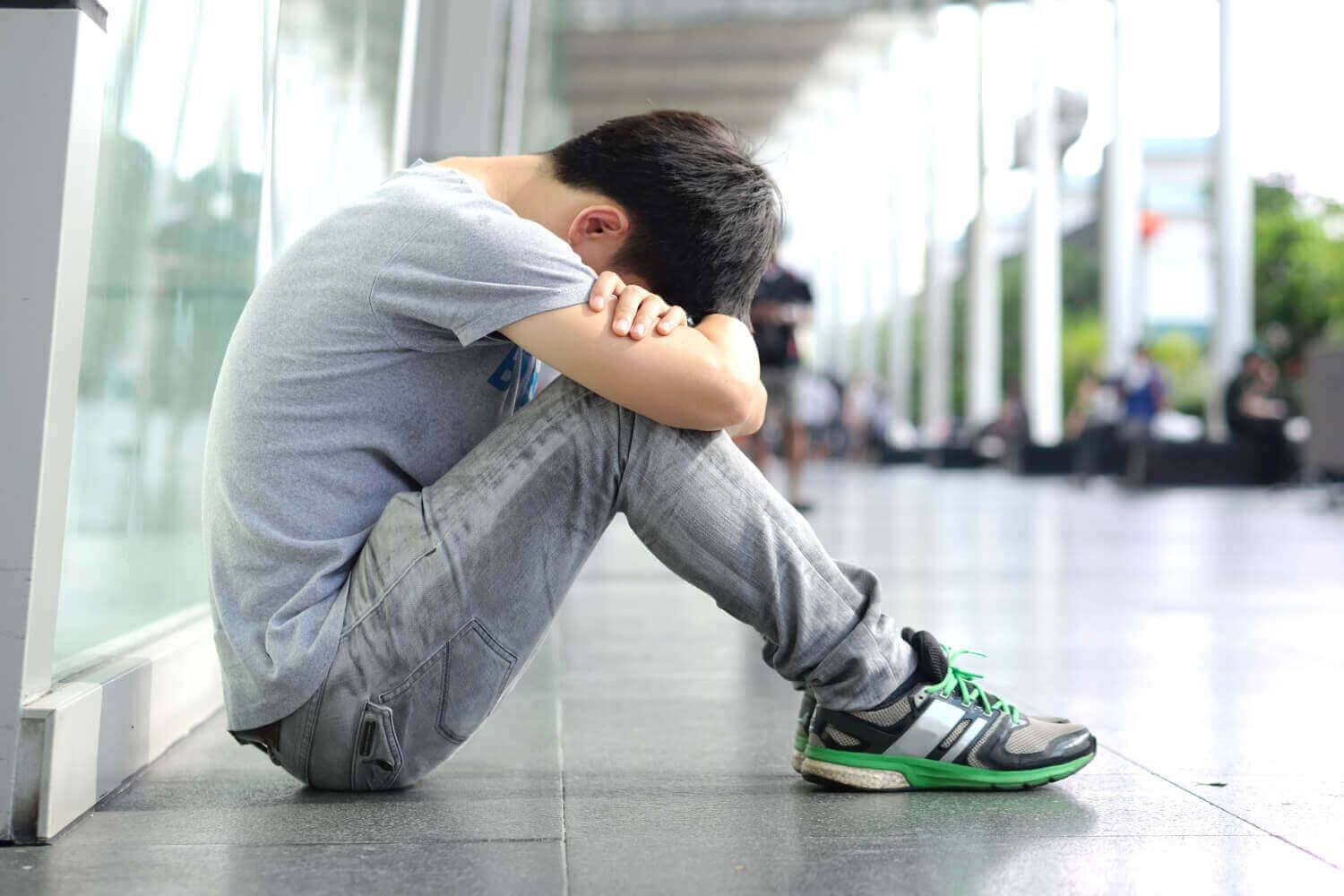
The Effects Of Trauma On Mental Health
It’s no secret that mental health and PTSD often go hand in hand. In fact, according to the National Institute on Drug Abuse, about 50% of people who suffer from mental health problems also have PTSD.
This is because people with PTSD often turn to drugs or alcohol as a way to self-medicate. If you are looking for mental health and PTSD treatment in South Florida, Reign Residential Treatment Center can help.
RRTC is a South Florida rehab center offering mental health and dual diagnosis treatment. Contact us today to learn more.
What we treat
What Is PTSD?
PTSD, or post-traumatic stress disorder, is a mental health condition that can occur after someone has experienced or witnessed a traumatic event.
Trauma is commonly experienced with 60% of men and 50% of women experiencing trauma at some time in their life. According to the National Center for PTSD, about 6 out of every 100 people will be diagnosed with PTSD at some point. In addition, although PTSD-related trauma is not always reported, annually, 12 million American adults will have PTSD.
PTSD can present itself in many different ways. Some common signs and symptoms include:
- Flashbacks or nightmares about the event
- Nightmares
- Intrusive thoughts or memories of the traumatic event
- Avoidance of people, places, or things that remind you
- Adverse changes in mood and thinking
- Headaches
- Chest pain
- Rapid breathing
- Sweating
- Dizziness
- Self-destructive behavior
- Aggression
- Hypervigilance
- Sleep problems
It only takes a minute for the journey to start.
What Causes PTSD?
Many different types of trauma can lead to PTSD. Some common examples include:
- Combat experiences: being in a war zone or being attacked
- Natural disasters: experiencing a hurricane, tornado, flood, or fire
- Violent personal assaults: mugging, rape, torture, or being kidnapped
- Accidents: car crashes, plane crashes, train wrecks
- Childhood abuse or neglect: physical, sexual, or emotional abuse
- The sudden death of a loved one: car accidents, homicide, or suicide
Our PTSD Treatment In South Florida
While there is no one-size-fits-all treatment for PTSD and Mental Health Problems, several effective treatments are available.
One standard treatment for both conditions is cognitive behavioral therapy (CBT). CBT is a therapy that helps people change how they think and behave.
For example, a therapist may help a person with PTSD to challenge their negative thoughts about themselves.
They may also help them to develop coping mechanisms for dealing with their symptoms.
Similarly, a CBT therapist may help an individual with an mental health problem identify and change the thought patterns that contribute to their problematic behaviors.
RRTC offers comprehensive Cognitive Behavioral Therapy programs in Florida
Another treatment option for PTSD is exposure therapy. This type of therapy involves gradually exposing a person to the things that trigger their symptoms.
Exposure therapy aims to help people learn to cope with their triggers and eventually reduce their fear of them.
Furthermore, several types of medication can be used to treat PTSD and Mental Health Problems.
For example, antidepressants are often prescribed to help people with PTSD manage their symptoms.
Some common antidepressants used to treat PTSD include selective serotonin reuptake inhibitors (SSRIs) and tricyclic antidepressants (TCAs).
Anti-anxiety medications and beta-blockers may also be prescribed to help people with PTSD cope with anxiety and stress.
People with mental health problems may be prescribed medications to help them detoxify from drugs or alcohol. They may also be prescribed medicines to help prevent relapse.
Typically, psychotherapy is an integral part of treatment for both PTSD and Mental Health Problems.
A therapist can help a person with a problem to identify the triggers that lead to their problematic behaviors.
Finally, support groups can also be an essential part of treatment for PTSD and Mental Health Problems.
Generally, this is because they provide a space for people to share their experiences and receive support from others.
Several types of support groups are available for people with PTSD and Mental Health Problems.
For example, there are groups specifically for people with PTSD, people with mental health problems, and groups for family members and loved ones.
Some of the most commonly known support groups are Narcotics Anonymous (NA) and Alcoholics Anonymous (AA).
These groups help people with mental health problems maintain sobriety after their initial treatment.
What To Look For In a PTSD and Mental Health Center In South Florida
When looking for a treatment facility for PTSD and mental health problems, there are several things to remember.
First, finding a facility that offers evidence-based treatments is essential, which means that the treatments offered have proven effective in scientific studies. Secondly, finding a facility that specializes in treating PTSD and mental health problems is also essential. This is because facilities specializing in these conditions will be more likely to offer effective treatments. Finally, finding a facility that offers a range of services is vital.
This is because, for recovery, people with PTSD and Mental Health Problems often need multiple types of treatment, such as medication, therapy, and support groups.
How To Find A PTSD And Mental Health Problems Center In South Florida
If you or someone you know is struggling with PTSD and Mental Health Problems, there are several ways to find treatment. Reign Residential Treatment Center is a comprehensive Mental Health Rehab Center offering mental health treatment in South Florida. Contact us today to learn more about our trauma therapy program in Florida.
Reign Residential Treatment Center Is A South Florida Mental Health Treatment Center
Reign Residential Treatment Center is a mental health treatment center in South Florida that specializes in Mental Health Problems. Here we offer a range of evidence-based treatments, including in-patient and outpatient therapy, and aftercare support groups.
Contact us today to learn more about our program and how we can help you or your loved one recover from Mental Health Problems.
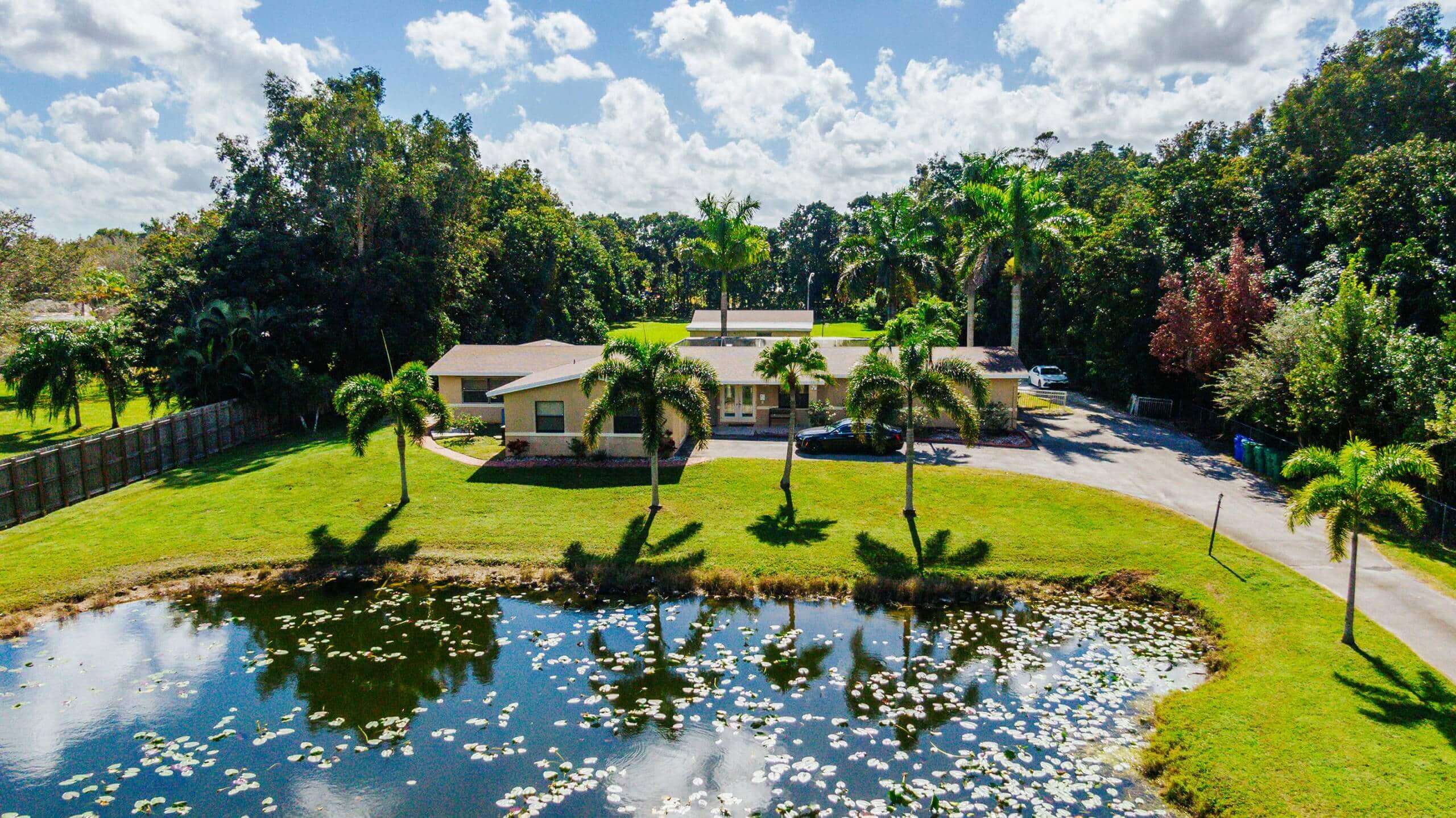
Helpline available 24/7
Get the Help You Need Right Now
We aim to help everyone who contacts us. Whether our program makes sense for you or not, we will help you find the best treatment options that work best for your personal needs.


